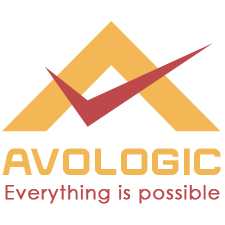Java is a general-purpose programming language that is designed to be platform-independent, meaning it can run on any platform that has a Java Virtual Machine (JVM) installed. Java is known for its simplicity, object-oriented programming features, robustness, and security.
Core Java refers to the fundamental concepts of Java that every Java programmer must learn. These concepts include:
- Object-oriented programming: Java is an object-oriented programming language, which means that every program you write in Java is made up of objects. Objects are instances of classes, and classes are blueprints that define the properties and behavior of objects.
- Java syntax: Java has its own syntax that you need to learn to be able to write Java programs. This includes things like declaring variables, defining methods, and creating classes.
- Data types: Java has different data types, including primitive types (such as int, double, and boolean) and reference types (such as classes and arrays).
- Control structures: Java has control structures that allow you to control the flow of your program. These include if-else statements, loops (for, while, and do-while), and switch statements.
- Exception handling: Java has a built-in exception handling mechanism that allows you to handle errors and exceptions in your program.
- Input/output: Java provides a set of classes for input/output (I/O) operations, which allows you to read and write data from and to files, databases, and other sources.
- Multithreading: Java supports multithreading, which allows you to write programs that can perform multiple tasks simultaneously.
- Collections: Java provides a set of classes for working with collections of objects, such as arrays, lists, maps, and sets.
These are some of the core concepts of Java that every Java programmer must learn to be able to write Java programs.
Page Copyright
© Copyright @Avologic 2016 - 2023 All Rights Reserved.
